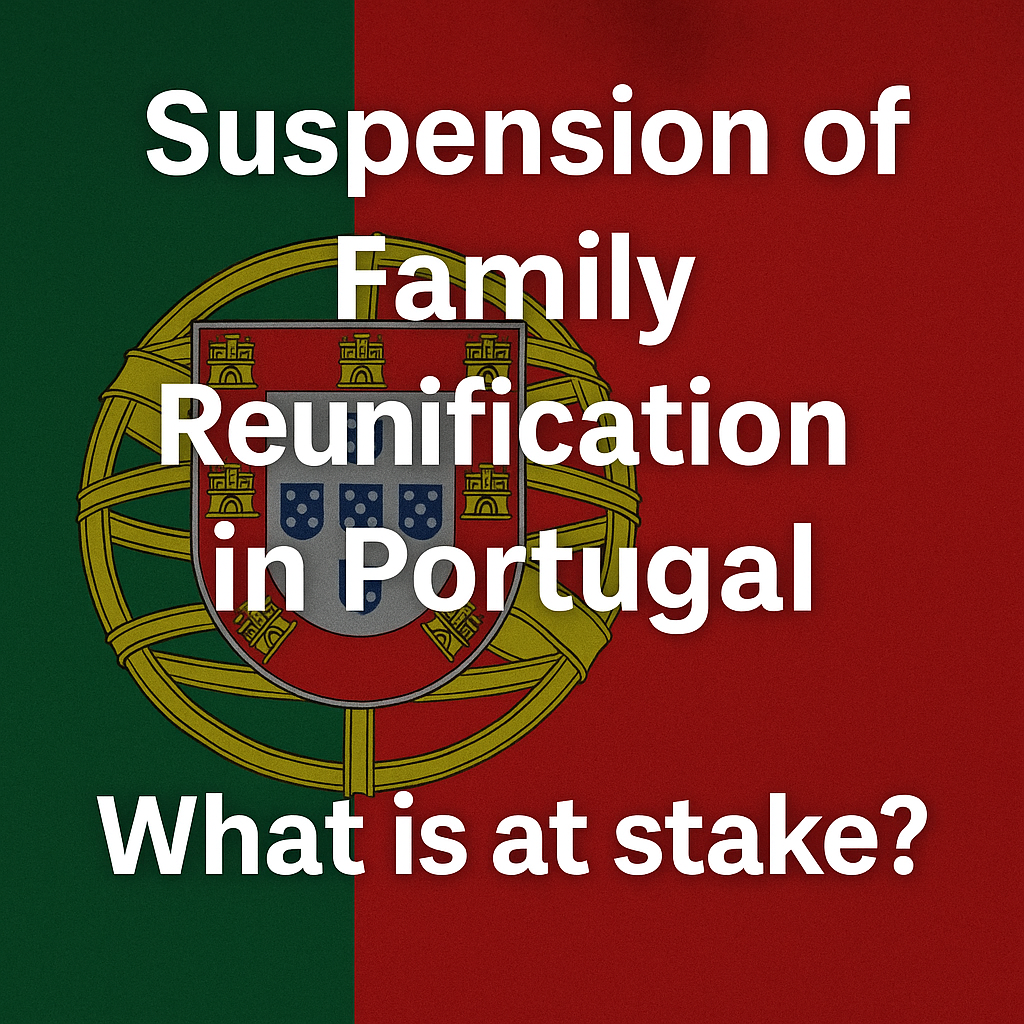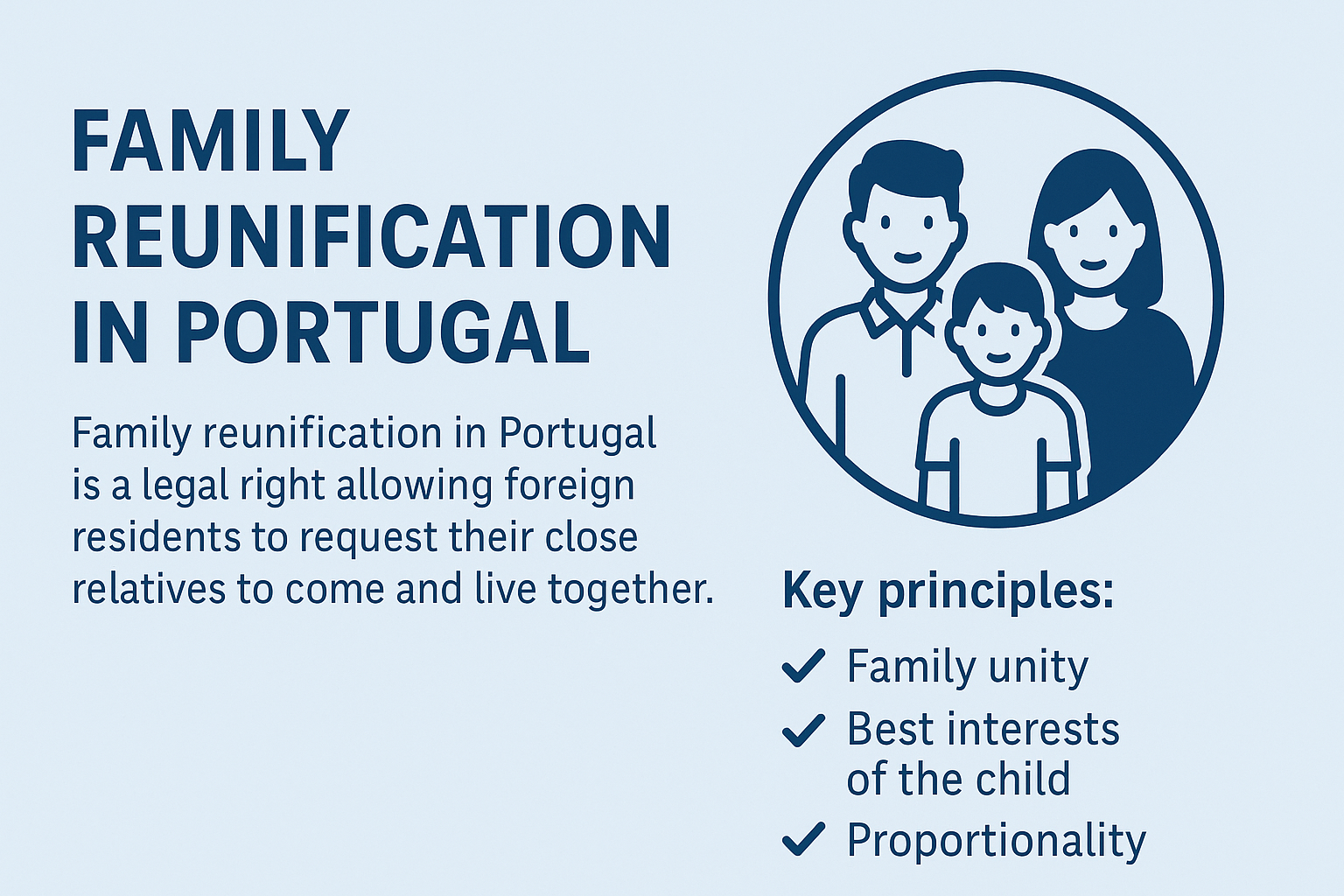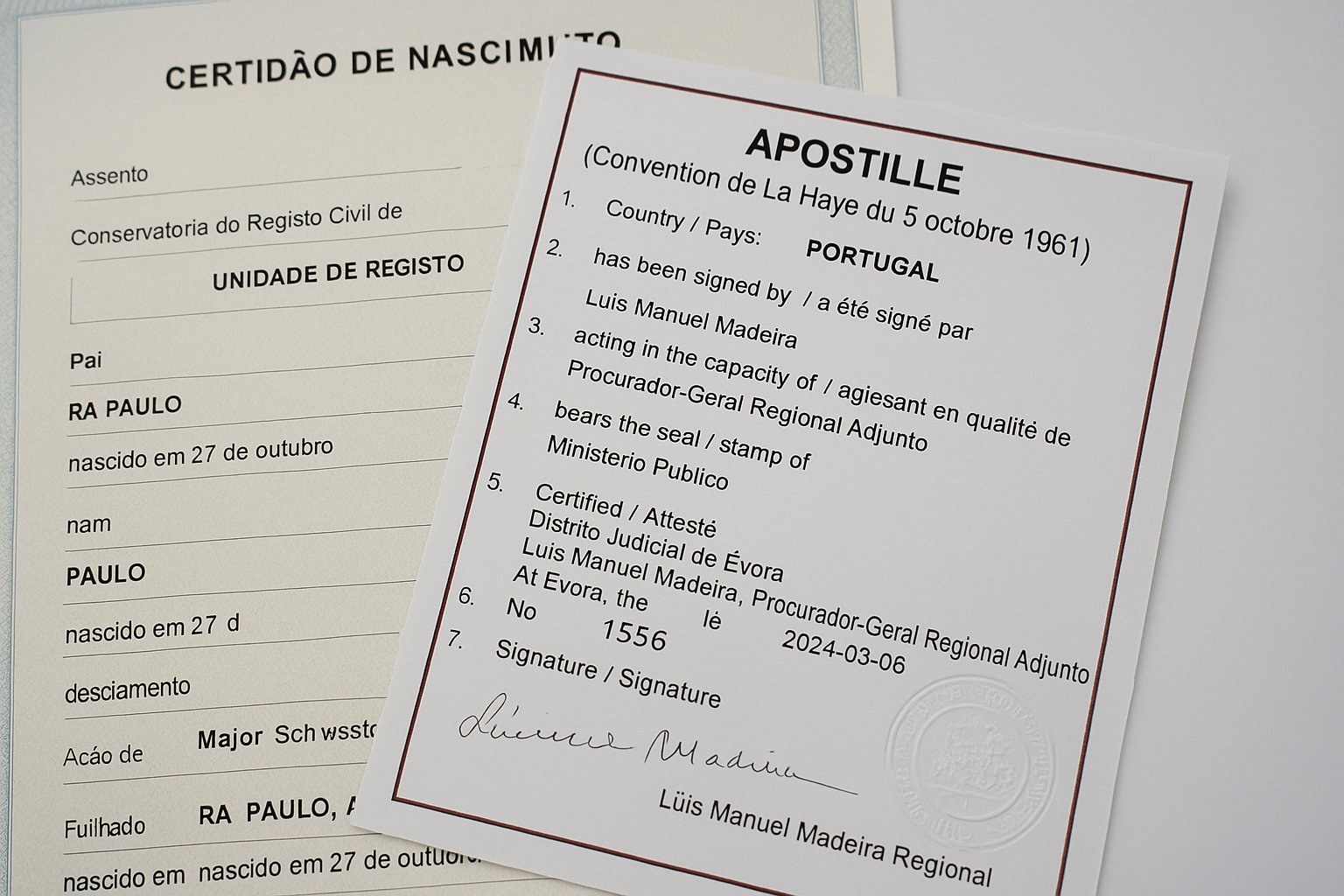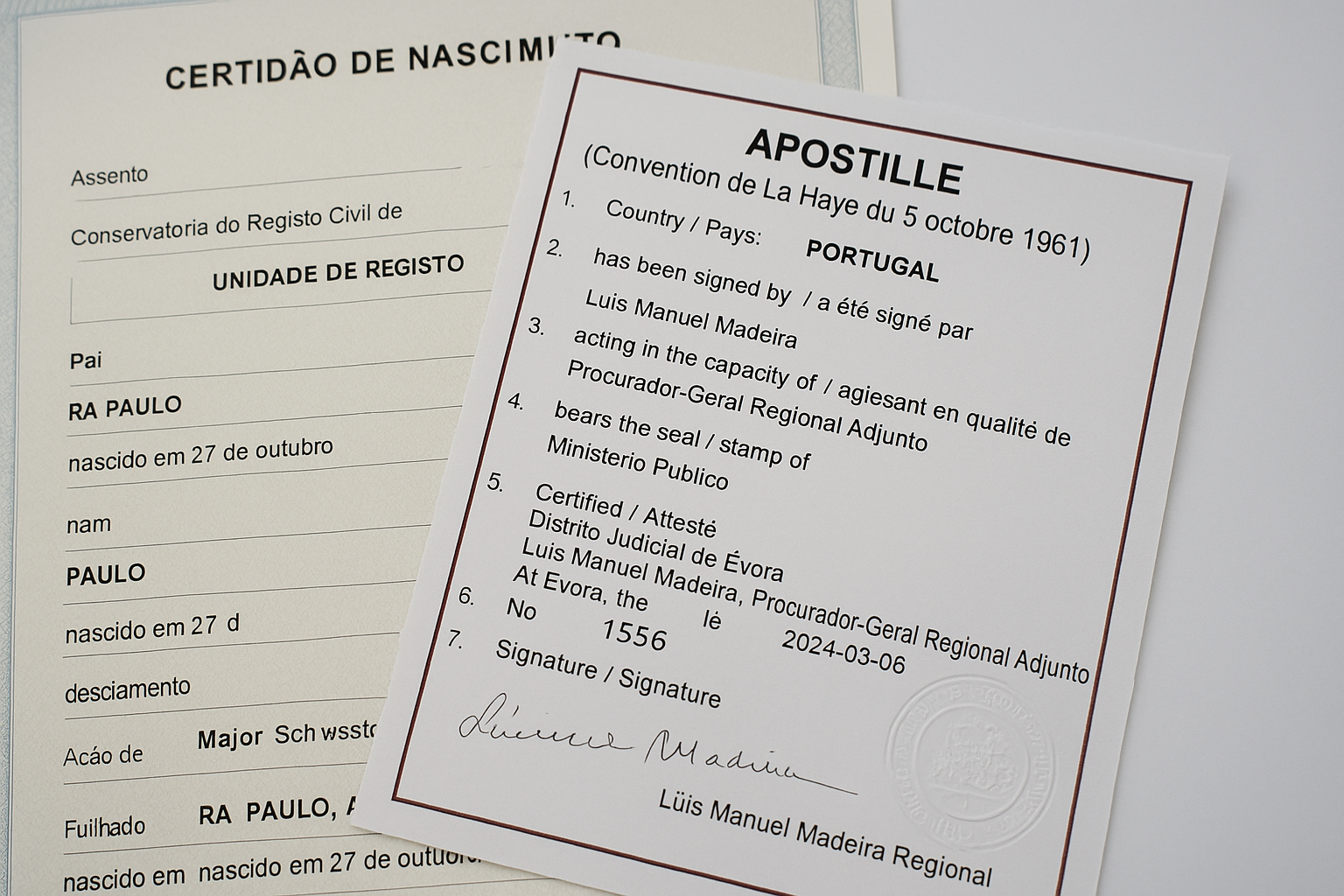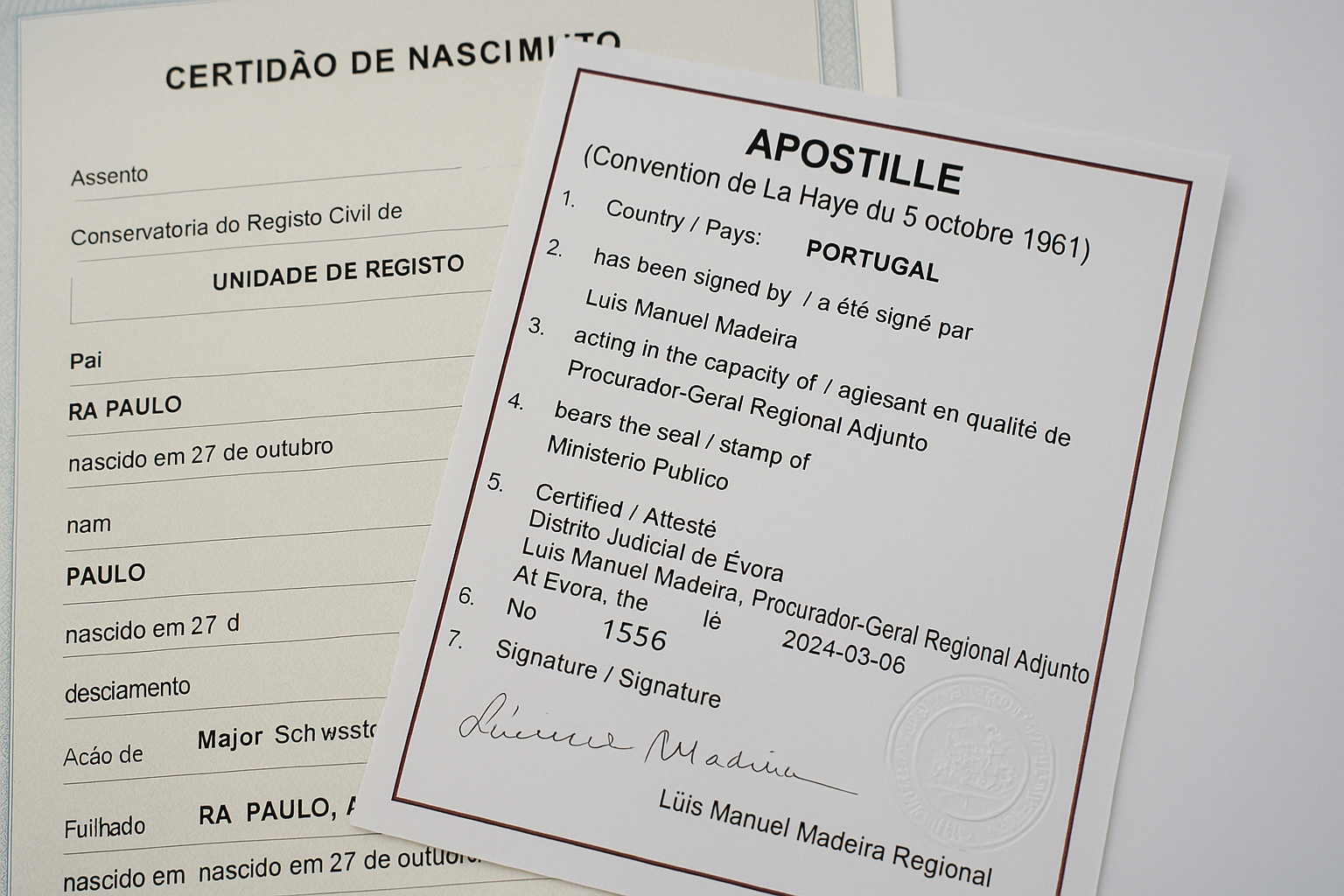Residence permit renewal in Portugal has become a major challenge for immigrants with expired documents. Currently, the process is handled exclusively by the Institute for Registries and Notary (IRN). However, the IRN requires that the applicant proves urgency in the need for renewal, claiming that all residence permits are automatically extended until June 30, 2025, under Decree-Law No. 10-A/2020.
Thus, the IRN only schedules in-person appointments when a concrete and urgent need is demonstrated. If the request is accepted, the institute schedules the applicant to appear at the counter, where documents must be submitted, and biometric data updated.
Still, there are reports of applicants waiting over three months for a response.
IMPORTANT: ARTICLE ON THE UPDATED PROCEDURE FOR
RENEWING RESIDENCE PERMITS (CLICK HERE)
Expected Changes in Residence Permit Renewal Procedures
There are circulating reports that residence permit renewal may be transferred from the IRN to AIMA (Agency for Integration, Migration and Asylum). So far, there is no official confirmation, but it is evident that the IRN has shown operational difficulties, which affect the efficiency of this service.
Automatic Residence Permit Renewal: Still Available?
The automatic residence permit renewal system was previously available and was, undoubtedly, the most efficient method. Many immigrants successfully renewed their permits with just a few clicks.
However, the system is currently inactive. The portal displays error messages, and there are rumors that this service will not be restored.
Legal Actions
Due to these ongoing issues, many immigrants have turned to the courts to request scheduling for their renewal. Initially, the courts ruled in favor of the applicants. However, more recently, they have required proof of actual and justified urgency, citing the legal extension of the permits.
The definition of “urgency” is subjective, and what is urgent for one immigrant may not be considered urgent by the court.
Conclusion: The Future of Renewal
It is crucial to monitor legislative and administrative changes affecting residence permit renewal in Portugal. The current system is deeply flawed, resulting in frustration, delays, and legal uncertainty for thousands of immigrants.
There is hope that structural reforms will bring more efficiency and fairness to the process, ensuring the fundamental rights of foreign residents in the country.

